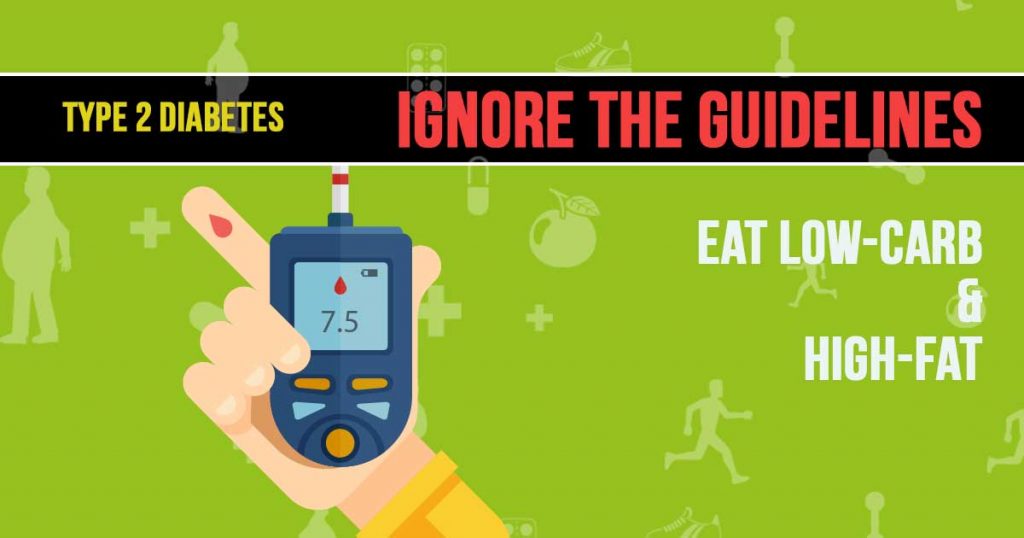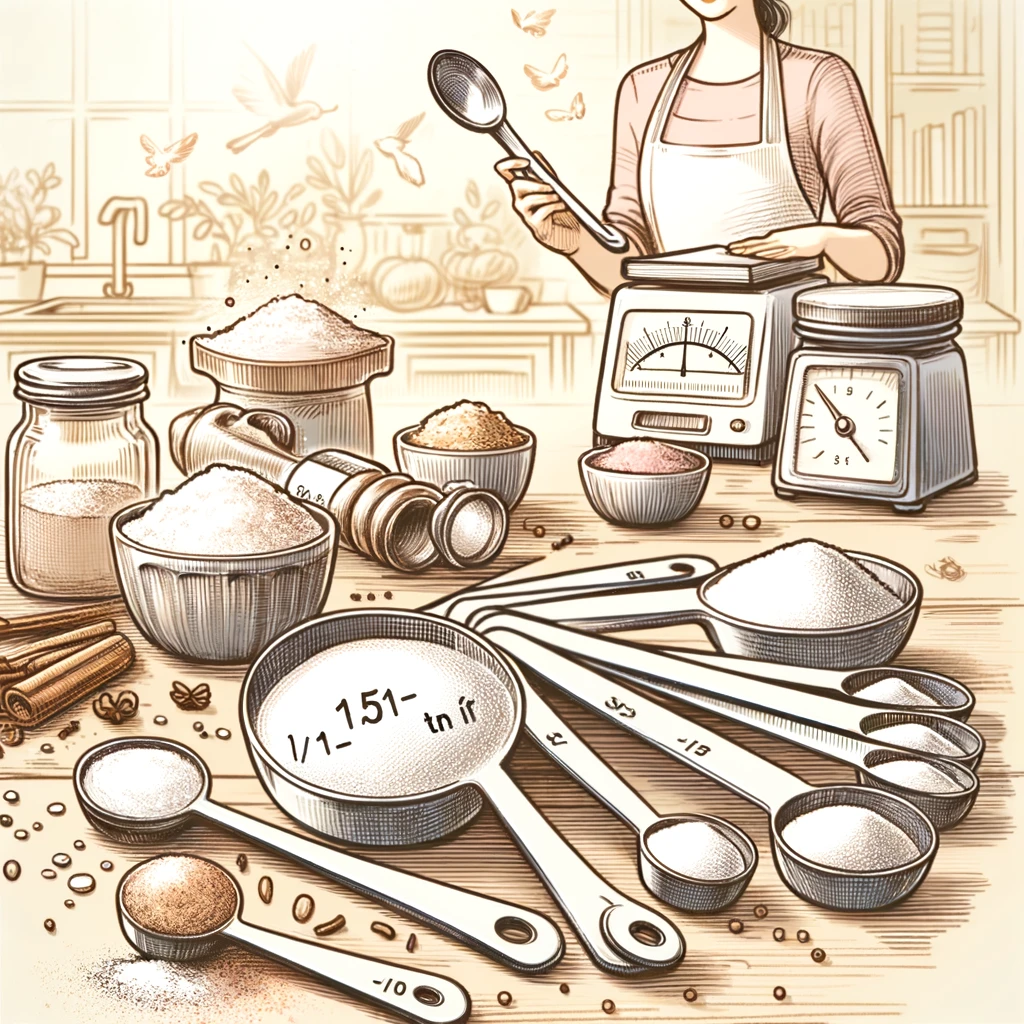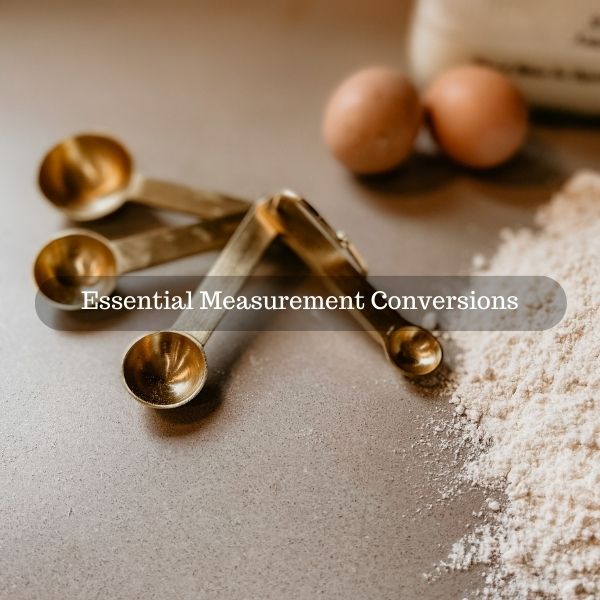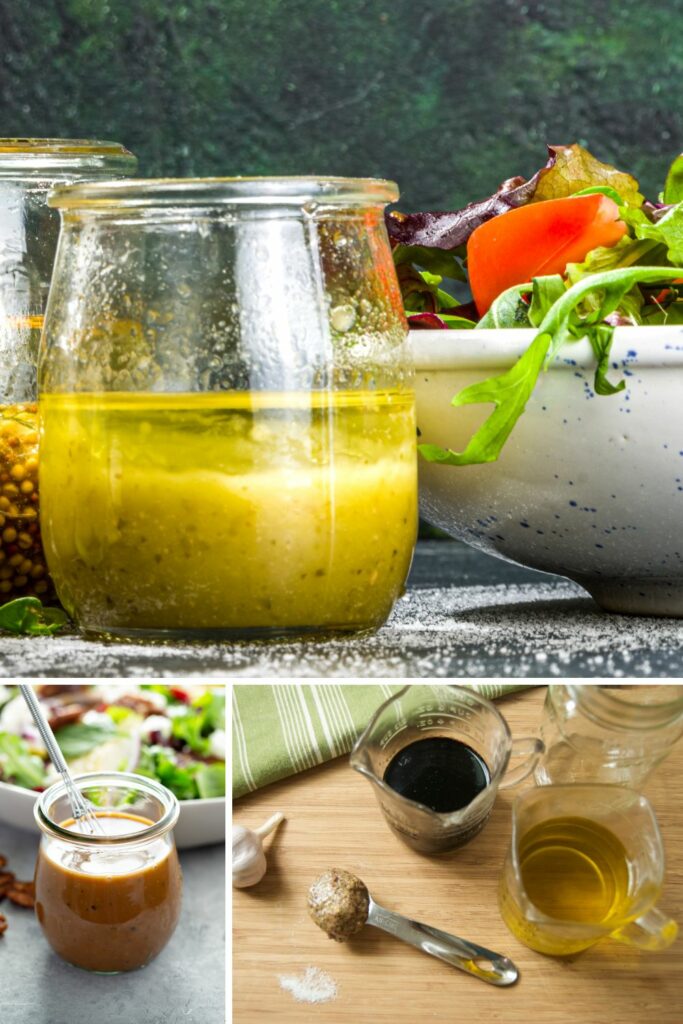I have the best job in the world. I’m a doctor. No! Believe me, that’s not why. I’m an obesity doctor. I have the honor of working with a group of people subject to the last widely accepted prejudice: being fat.
These people have suffered a lot by the time they see me: shame, guilt, blame, and outright discrimination.
The attitude that many take-ups, including those in healthcare, is that these people are to blame for their situation. If they could just control themselves, they wouldn’t be overweight, and they are not motivated to change.
Please let me tell you this is not the case. The blame, if we’ve got to extend some here, has been with our advice. And it’s time we change that. Obesity is a disease, it’s not something created by lack of character. It’s a hormonal disease, and there are many hormones involved. And one of the main ones is a hormone called insulin.
Most obese individuals are resistant to this hormone, insulin. So, what does that mean exactly, to be resistant to insulin? Well, insulin resistance is essentially a state of pre-pre-type 2 diabetes. Insulin’s job is to drive glucose, or blood sugar, into the cells where it can be used.
In a nutshell, when someone is insulin resistant, they are having trouble getting blood sugar where it needs to go, into those cells. And it just can’t hang out in the blood after we eat or we would all have a diabetic crisis after every meal! So, when someone is resistant to insulin, the body’s response to this is to just make more of it. And insulin levels will rise and rise, and for a while, years even, this is going to keep up, and blood sugar levels can remain normal.
However, usually it can’t keep up forever, and even those elevated levels of insulin are not enough to keep blood sugar in the normal range. So it starts to rise. That’s diabetes. It probably won’t surprise you to hear that most of my patients have insulin resistance or diabetes. And if you are sitting there thinking, “Phew, that’s not me,” you actually might want to think again, because almost 50% of adult Americans now have diabetes or pre-diabetes. That is almost 120 million of us. But that’s hardly everyone who has issues with insulin. Because as I was saying, people have elevated insulin levels due to insulin resistance for years, even decades, before the diagnosis of even pre-diabetes is made.
Plus it’s been shown that 16-25% of normal-weight adults are also insulin resistant. So, in case you’re keeping track, this is a heck of a lot of us. So, the trouble with insulin resistance is: If it goes up, we are at great risk for developing type 2 diabetes. But also, insulin makes us hungry, and the food we eat much more likely to be stored as fat. Insulin is our fat storage hormone. So we can start to see how it’s going to be a problem for diseases like obesity and metabolic issues like diabetes. But what if we traced this problem back to the beginning, and we just didn’t have so much glucose around that insulin needed to deal with? Let’s take a look at how that could be.
Everything you eat is either a carbohydrate, a protein or a fat, and they all have a very different effect on glucose and therefore insulin levels, as you can see on the graph. So when we eat carbohydrates, our insulin and glucose are going to spike up fast. And with proteins it looks a lot better. But take a look at what happens when we eat fat. Essentially nothing, a flat line. And, this is going to wind up being very important.
So, now I want to translate that graph for you into a real-world situation. I want you to go back and think about the last time you ate an American version of Chinese food. We all know there are rules associated with this, right? And the first rule is: You’re going to overeat. Because the stop signal doesn’t get sent until you are literally busting at the seams. Rule number two is: In an hour you’re starving. Why? Well, because the rice in that meal caused glucose and insulin to skyrocket, which triggered hunger, fat storage, and cravings. So, if you are insulin resistant to begin with, and your insulin levels are already higher, you really are hungrier all the time. And we have this setup: Eat carbs, your glucose goes up, your insulin goes up, and you have hunger and fat storage.
So, how do we recommend to these people to eat, because it seems like that would be really important, and it is. Let’s focus just on type 2 diabetes because the general recommendations are to tell patients with type 2 diabetes to consume 40 to 65 grams of carbohydrates per meal, plus more at snacks. Trust me on this, that’s a lot of carbs. And remember what’s going to happen to glucose and insulin, blood sugar and insulin, when we eat them?
Yes, we are essentially recommending that they eat exactly what’s causing their problem. Sound crazy? It really, really is. Because, at its root, diabetes is a state of carbohydrate toxicity. We can’t get the blood sugar into the cells, and that causes a problem in the short term. But the long-term consequences are even greater. And insulin resistance is essentially a state of carbohydrate intolerance.
So why, oh why, do we want to continue to recommend to people to eat them? The American Diabetes Association guidelines specifically state that there is inconclusive evidence to recommend a specific carbohydrate limit. But those guidelines go right on to say what we all know: Our carbohydrate intake is the single, biggest factor in blood sugar levels, and therefore need for medication. These guidelines then go on to say: Hey look, if you are taking certain diabetic medications, you actually have to eat carbs, otherwise your blood sugar can go too low. Okay, so let’s take a look at the vicious cycle that that advice just set up. So it’s: Eat carbs so you have to take medicine, then you have to eat more carbs so you avoid the side-effect of those medications, and around and around we go. Even worse is that nowhere in the ADA guidelines is the goal of reversing type 2 diabetes.
This needs to be changed, because type 2 diabetes can be reversed, in many, if not most, situations, especially if we start early. Not only do we need to let people know this, but we have to start giving them practical advice so they can do this. Consider carbs.
First, here’s a shocker for you: We don’t need them. Seriously! Our minimum daily requirement for carbohydrates is zero. We have essential amino acids, those are proteins, essential fatty acids, but, nope, no essential carb. A nutrient is essential if we have to have it to function, and we can’t make it from something else. We make glucose, plenty of it, all the time, it’s called gluconeogenesis. So, we don’t need them, the overconsumption of them is making us very sick, yet we are continuing to recommend to patients to consume close to, if not more than, half of their total energy intake every day from them. It doesn’t make sense.
Click next page to continue reading…
Source : Sarah Hallberg | TEDxPurdueU






